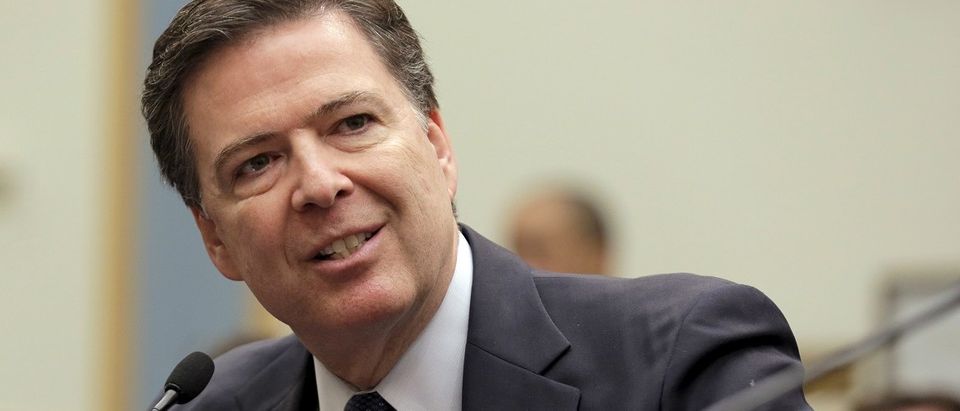U.S. law enforcement and intelligence agencies were officially granted expanded hacking powers Thursday after an eleventh-hour attempt by the Senate to block the changes failed.
Judges across the country will be able to issue search warrants that give the FBI the power to remotely access computers and online communications, according to Reuters. Before, judges were only allowed to permit searches within the rangebound jurisdiction of their court.
Privacy activists originally urged that departments acquire a warrant because they worry such surveillance will be indiscriminate and thus violate the rights of innocent people or cause dangerous situations.
“By sitting here and doing nothing, the Senate has given consent to this expansion of government hacking and surveillance,” Democratic Sen. Ron Wyden said. “Law-abiding Americans are going to ask ‘what were you guys thinking? when the FBI starts hacking victims of a botnet hack. Or when a mass hack goes awry and breaks their device, or an entire hospital system and puts lives at risk.”
The FBI, CIA and other law enforcement institutions likely want these extended powers for a number of reasons, like being able to pinpoint the whereabouts of tech-savvy cybercriminals who obscure their location. The FBI, for example, has been actively seeking out child porn sites in order to catch predators. (RELATED: FBI Controlled 23 Child Porn Sites To Catch Predators)
The Supreme Court officially approved amendments made to Rule 41 of the federal rules of criminal procedure in April.
“The amendments do not change any of the traditional protections and procedures under the Fourth Amendment, such as the requirement that the government establish probable cause,” Assistant Attorney General Leslie R. Caldwell of the Criminal Division wrote on an official Department of Justice blog post.
“The amendments would not authorize the government to undertake any search or seizure or use any remote search technique, whether inside or outside the United States, that is not already permitted under current law.”
Certain lawmakers like Wyden, Democrat Sen. Chris Coons and Republican Sen. Steve Daines, gathered to pass a bill that would disallow the amendments.
These efforts were blocked by opponents like the Senate’s second-ranking Republican, Sen. John Cornyn.
During a speech on the Senate floor, Wyden said the changes to Rule 41 are “one of the biggest mistakes in surveillance policy in years,” according to Reuters. (RELATED: FBI Signs Key Contract For Social Media Surveillance)
Wyden argues that this will give “unprecedented authority to hack into Americans’ personal phones, computers, and other devices.”
“The possibility of such harm must be balanced against the very real and ongoing harms perpetrated by criminals—such as hackers who continue to harm the security and invade the privacy of Americans through an ongoing botnet, or pedophiles who openly and brazenly discuss their plans to sexually assault children,” Caldwell said in a separate blog post on the Justice Department’s website.
The FBI and other law enforcement agencies across the world have been aggressively using several different virtual tactics in order to target and apprehend criminals broadcasting and purveying child pornography over the dark web.
U.S. District Judge David Alan Ezra ruled in September that the FBI needed a warrant when it hacked a child pornographers computer with malware.
Now the FBI has the ability to obtain that warrant.
Send tips to eric@dailycallernewsfoundation.org.
All content created by the Daily Caller News Foundation, an independent and nonpartisan newswire service, is available without charge to any legitimate news publisher that can provide a large audience. All republished articles must include our logo, our reporter’s byline and their DCNF affiliation. For any questions about our guidelines or partnering with us, please contact licensing@dailycallernewsfoundation.org.


